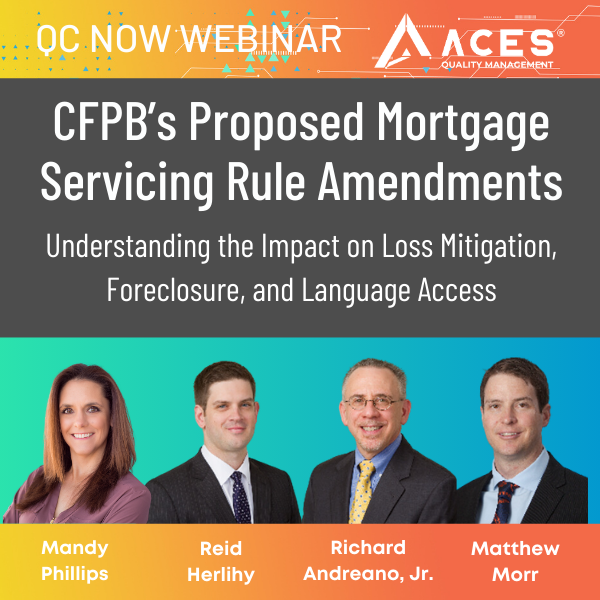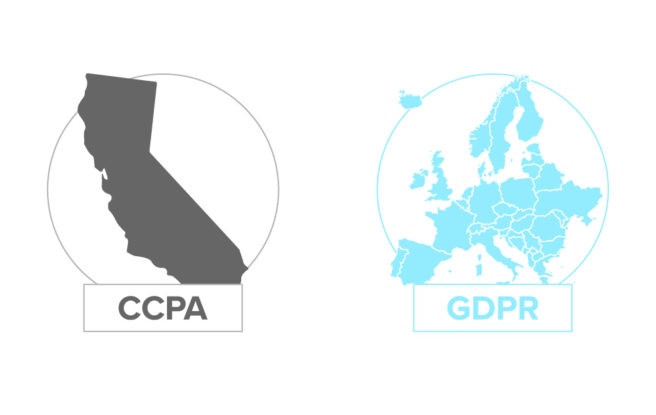DSNews--Blair T. Gisi
Within the last several months, the Kansas Court of Appeals has taken a closer look at the procedure for confirming Sheriff’s Sales in Kansas. K.S.A. §60-2415(a) states, “If the court finds the [sale] regular and in conformity with law and equity, it shall confirm the same.” That statute goes on to set out that, under the courts’ equitable powers, the only basis a court may use to deny a confirmation of sale is finding a bid “substantially inadequate.” While that term is not specifically defined in, we know that a sale for the total debt owed (i.e., “judgment, taxes, interest, and costs”) “shall be deemed adequate.” K.S.A. §60-2415(b).
In two recent situations, the Court of Appeals reviewed what appears to be a common practice in many jurisdictions where the Motion and Order for Confirmation of Sheriff’s Sale are submitted, and sometimes even entered, simultaneously.
The defendant-borrower in JPMorgan Chase Bank, Nat'l Ass'n v. Taylor, 417 P.3d 272 (Kan. Ct. App. 2018) objected to the district court confirming the sheriff’s sale the same day the Motion to Confirm Sheriff’s Sale was filed without notifying her of the Order to Confirm Sheriff’s Sale ever having been filed.
Following judgment, Chase purchased the property at the sale for the full judgment amount and shortly thereafter, filed its confirmation pleadings. The defendant-borrower was sent a copy of the Motion to Confirm Sheriff’s Sale and eleven days later, she objected to the same, alleging that by not bidding the fair market value of the property, Chase was “cheating her out of equity.
Despite the objection, however, the district court in Taylor entered the order confirming the sheriff’s sale the same day the motion was filed and when the defendant-borrower learned of this, she appealed claiming a violation of her due process rights for failure of the district court to hear and consider her objection.
The Court of Appeals, relying upon Kan. Sup. Ct. Rule 133, found that because the objection to the Motion for Confirmation of Sheriff’s Sale was filed eleven days after the motion, it was untimely and even though the Order confirming sale was entered prematurely, there was no error by the district court in failing to consider an untimely objection.
Of particular note in this matter is that despite the full-debt bid and the statute dictating that the sale shall be deemed adequate, the Court of Appeals seems to go out of its way to discourage this type of practice and stating that, “any procedure adopted by a district court that allows for automatic approval of a sheriff’s sale without at least waiting to see if someone files an objection is subject to a later ruling that it is void as a violation of due process.” Taylor at 8-9.
Reverse Mortg. Sols., Inc. v. Goldwyn, 2018 Kan. App. LEXIS 36 (Ct. App. July 6, 2018) decided just earlier this month, considered a number of interesting elements related to a Sheriff’s Sale, including the procedure for confirming the sale. This case involved a foreclosure of a reverse mortgage and subsequent in rem judgment against the borrower’s heir which then resulted in Reverse Mortgage Solutions purchasing the property at sheriff’s sale at a price less than the full-debt owed.
Similarly, the district court granted the motion requesting confirmation of the sheriff’s sale the same day it was filed. And, similarly, after an appeal claiming the order confirming sheriff’s sale was entered prematurely, the Court in Goldwyn, as in Taylor, agreed that the district court should have allowed time for any opposing parties to respond to the motion.
However, the thrust of the defendant-borrower’s argument was that because the sale was not for the fair market value of the property, the sale should be deemed substantially inadequate. The Court correctly noted that even if that argument were true, the failure to bid fair market value does not necessarily mean the sale is substantially inadequate. The reliance on this argument allowed the Court to find that the premature entry of the order was harmless error and the confirmation of sale was upheld.
While neither of these cases ultimately resulted in unconfirmed sales, district courts in Kansas appear to be taking note of the scrutiny the Court of Appeals has been giving the confirmation of sheriff’s sale and at least one district has recently begun requiring hearings on all Motions to Confirm Sheriff’s Sale regardless of whether the sale was for the total debt or there is no deficiency judgment.





 Just as many US businesses were scrambling to meet GDPR compliance, California quickly passed a broad new privacy act, giving businesses another privacy compliance headache. We’ve previously
Just as many US businesses were scrambling to meet GDPR compliance, California quickly passed a broad new privacy act, giving businesses another privacy compliance headache. We’ve previously